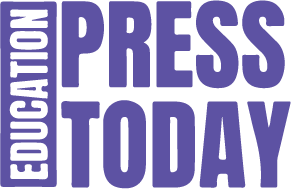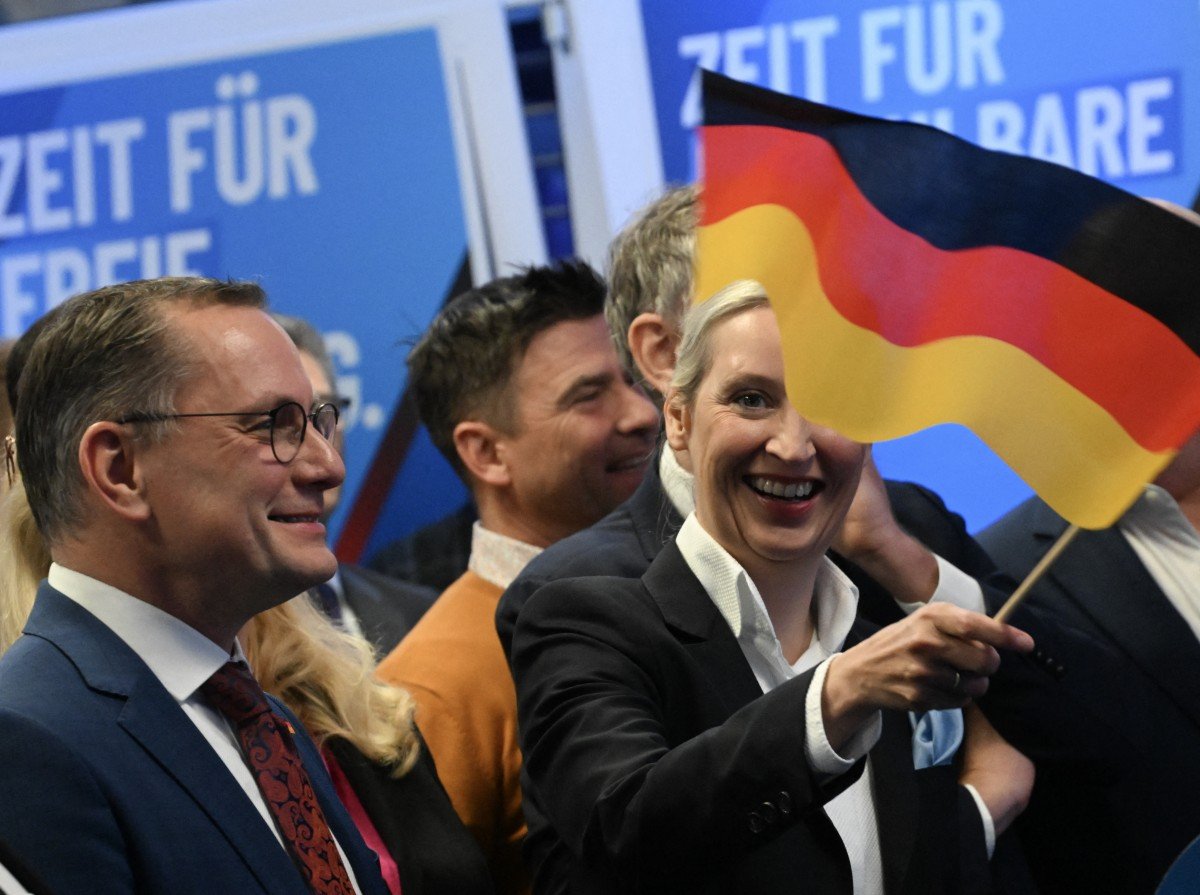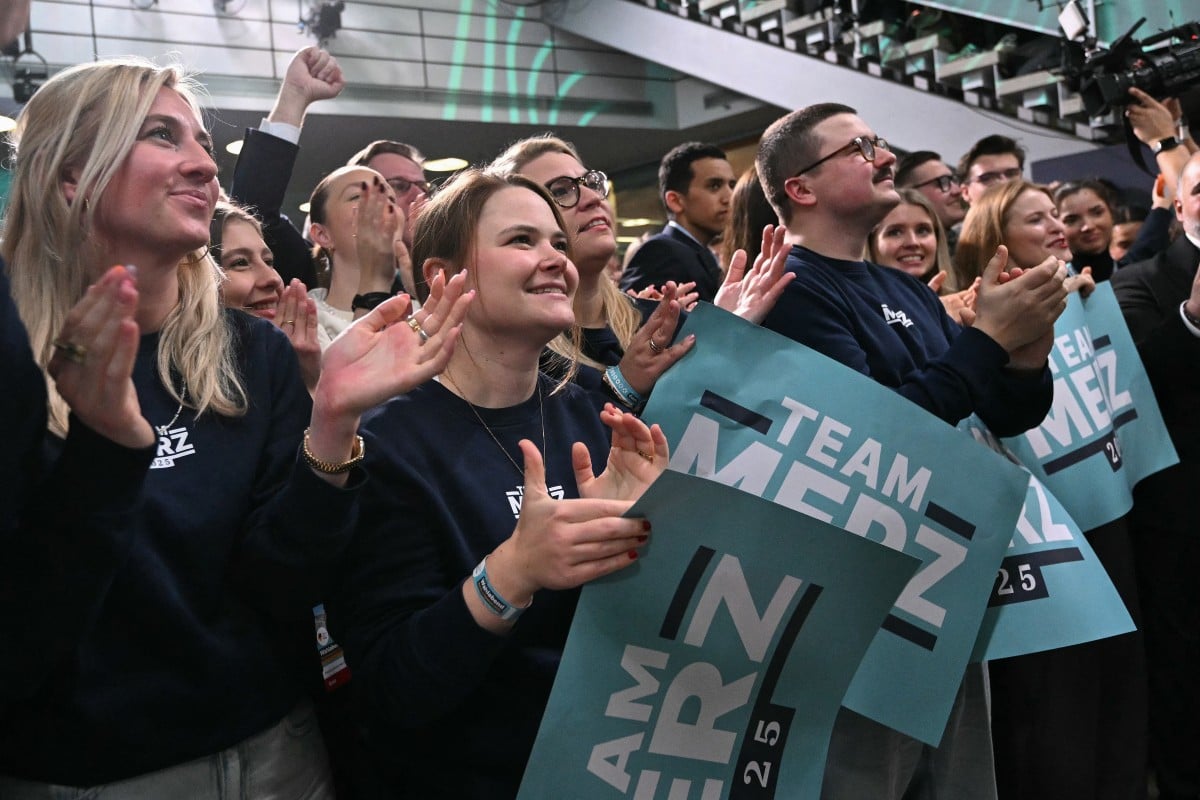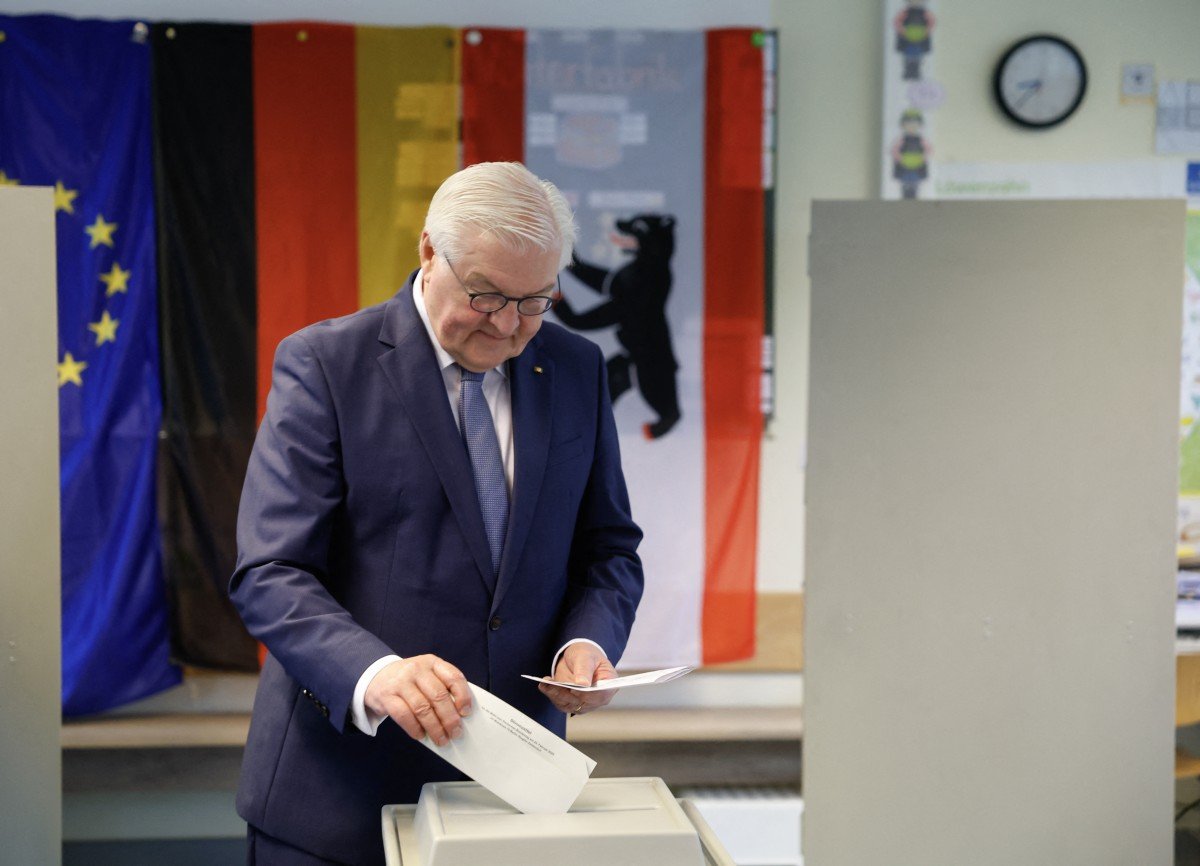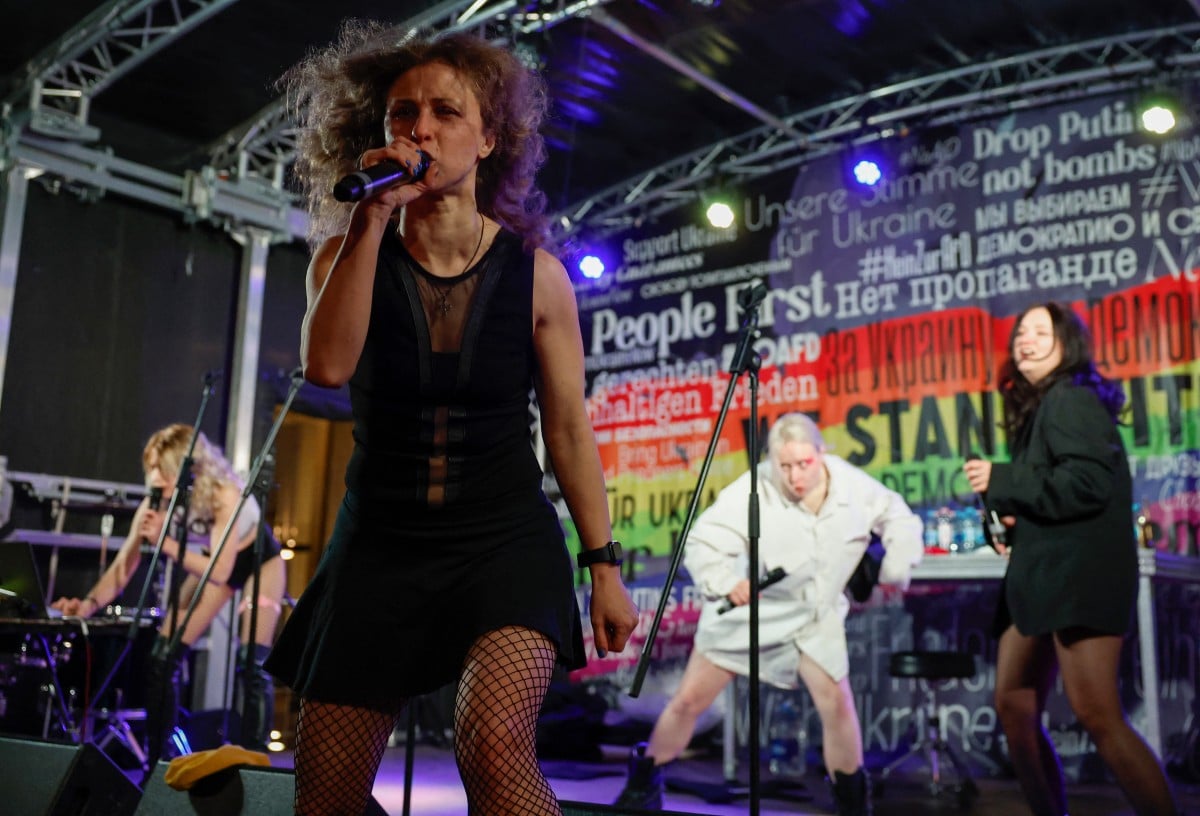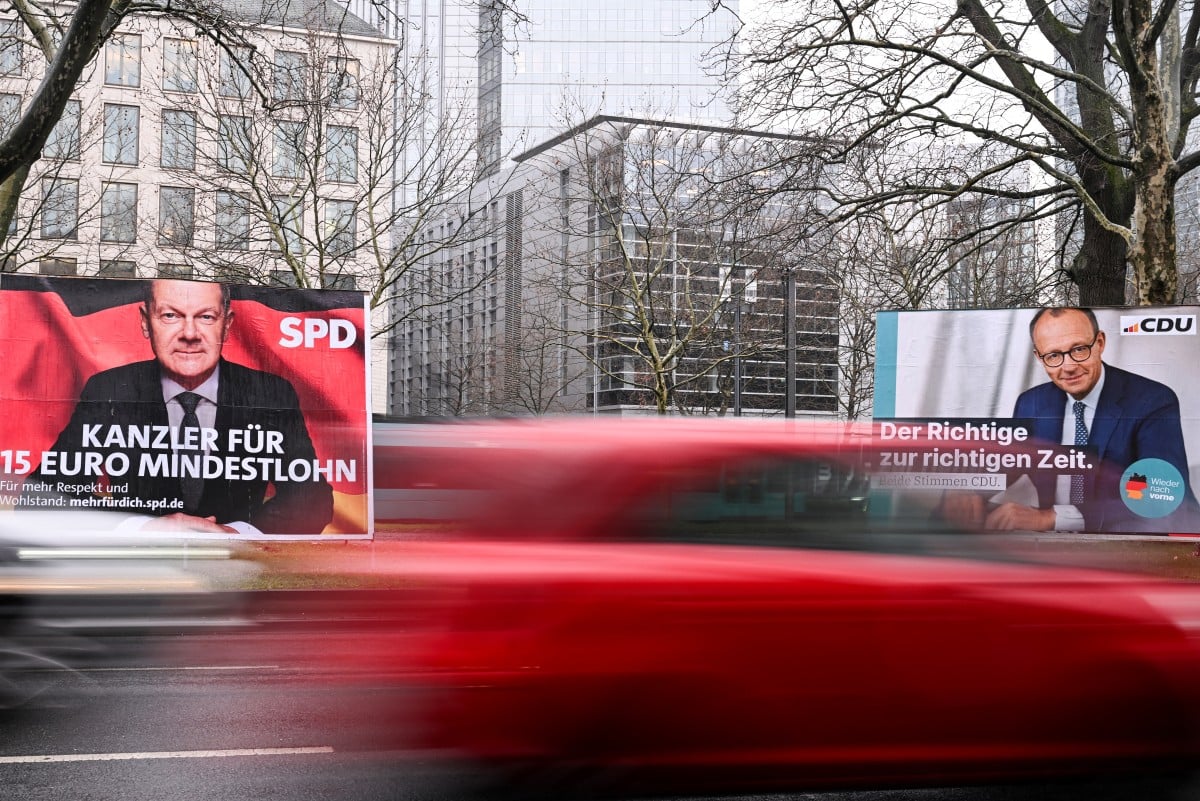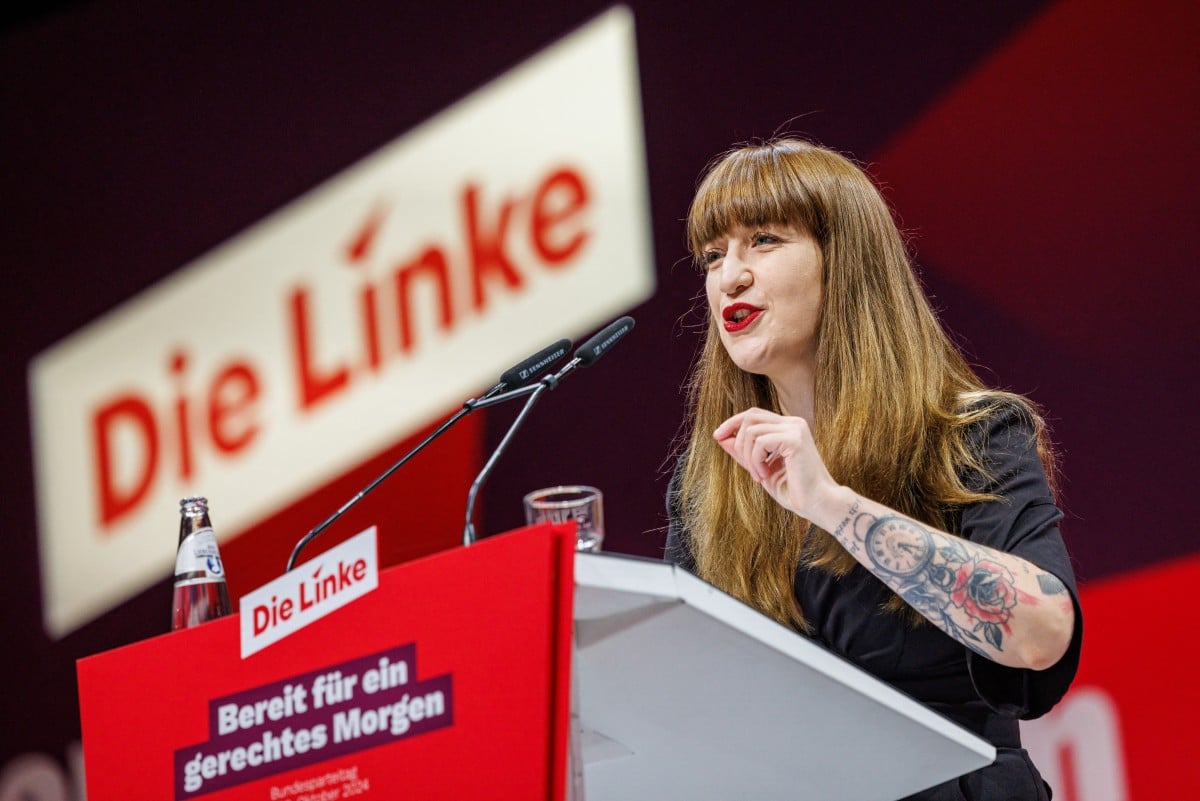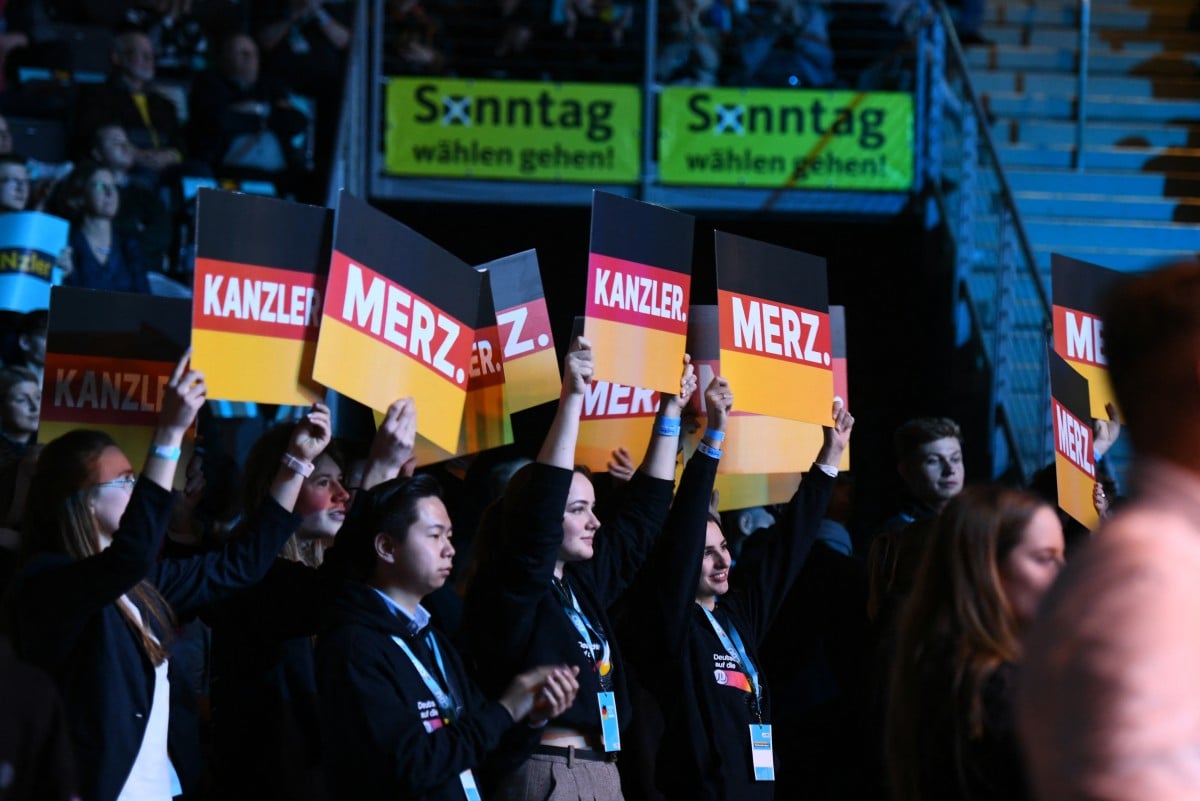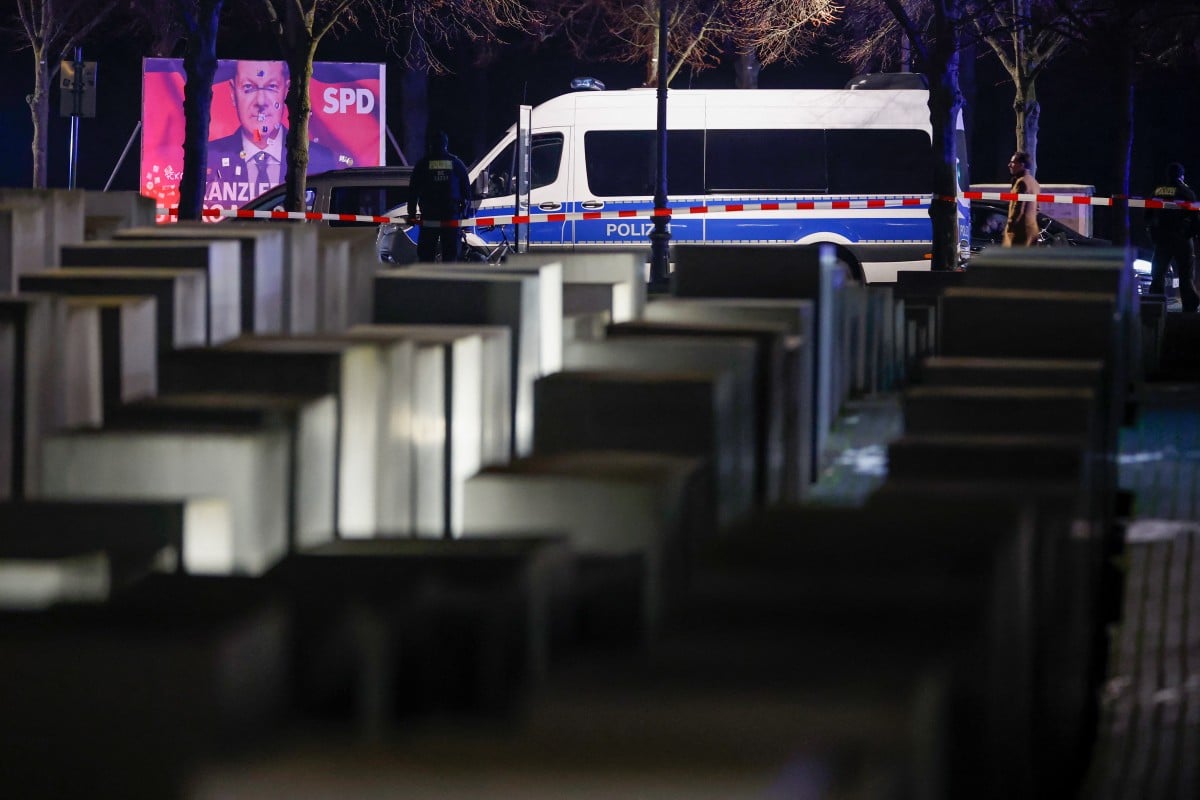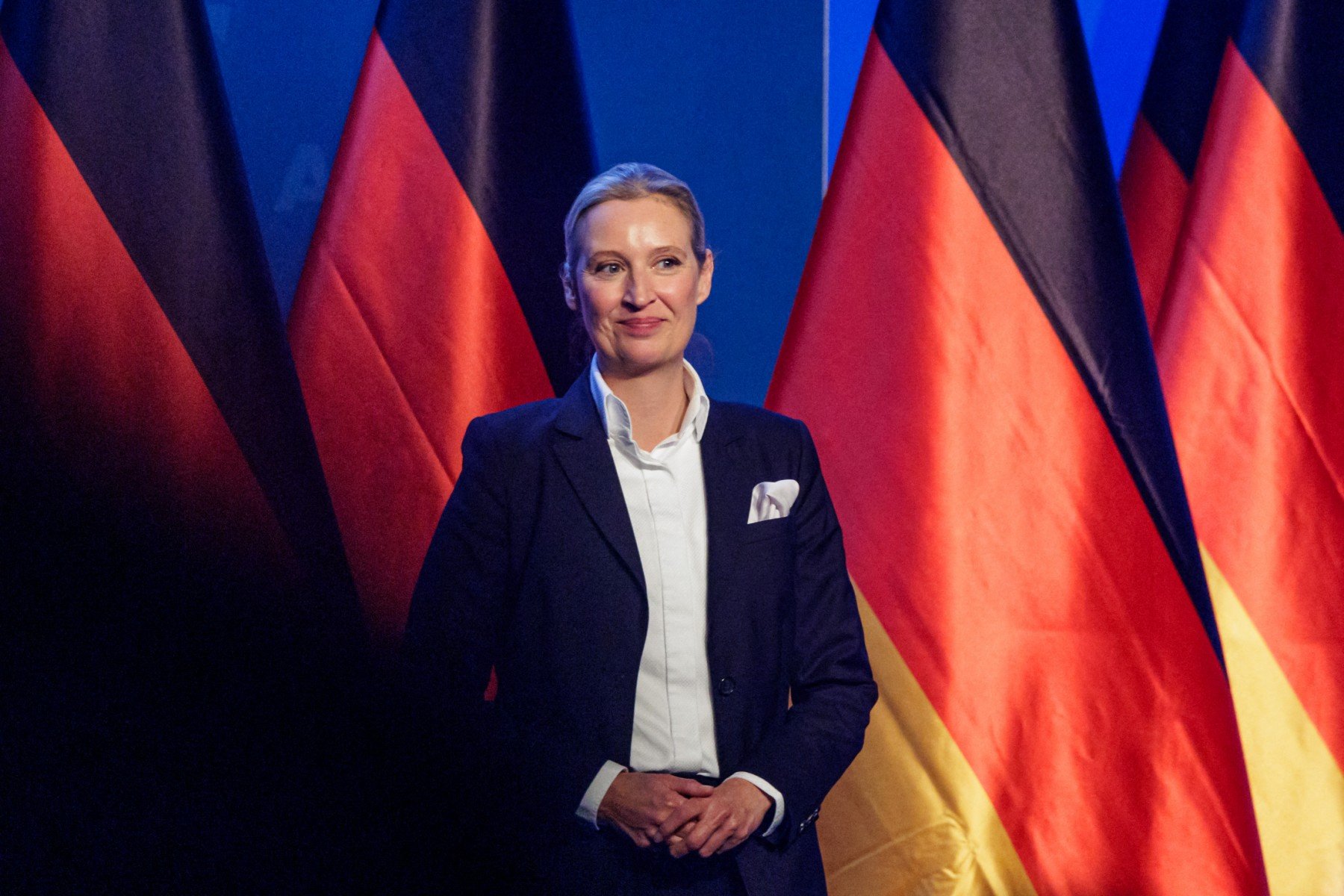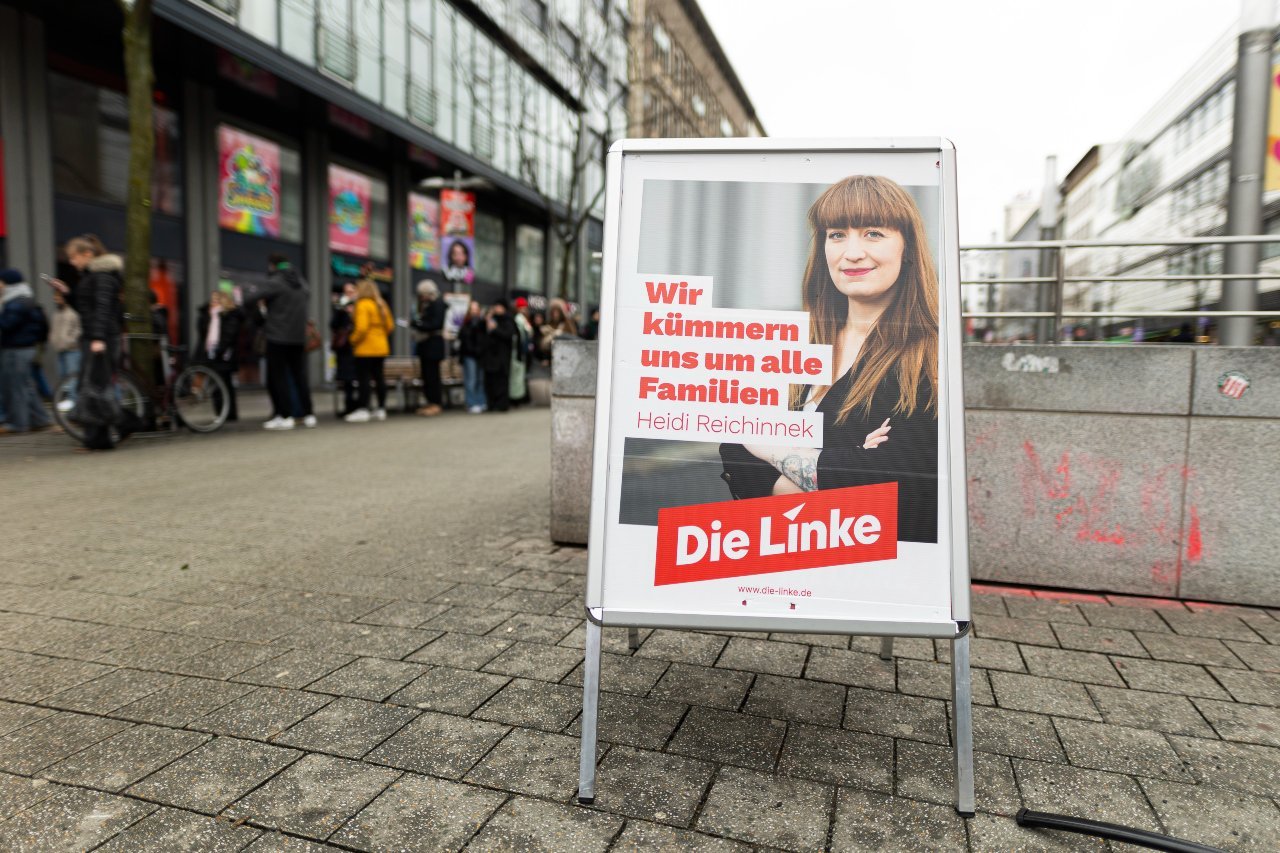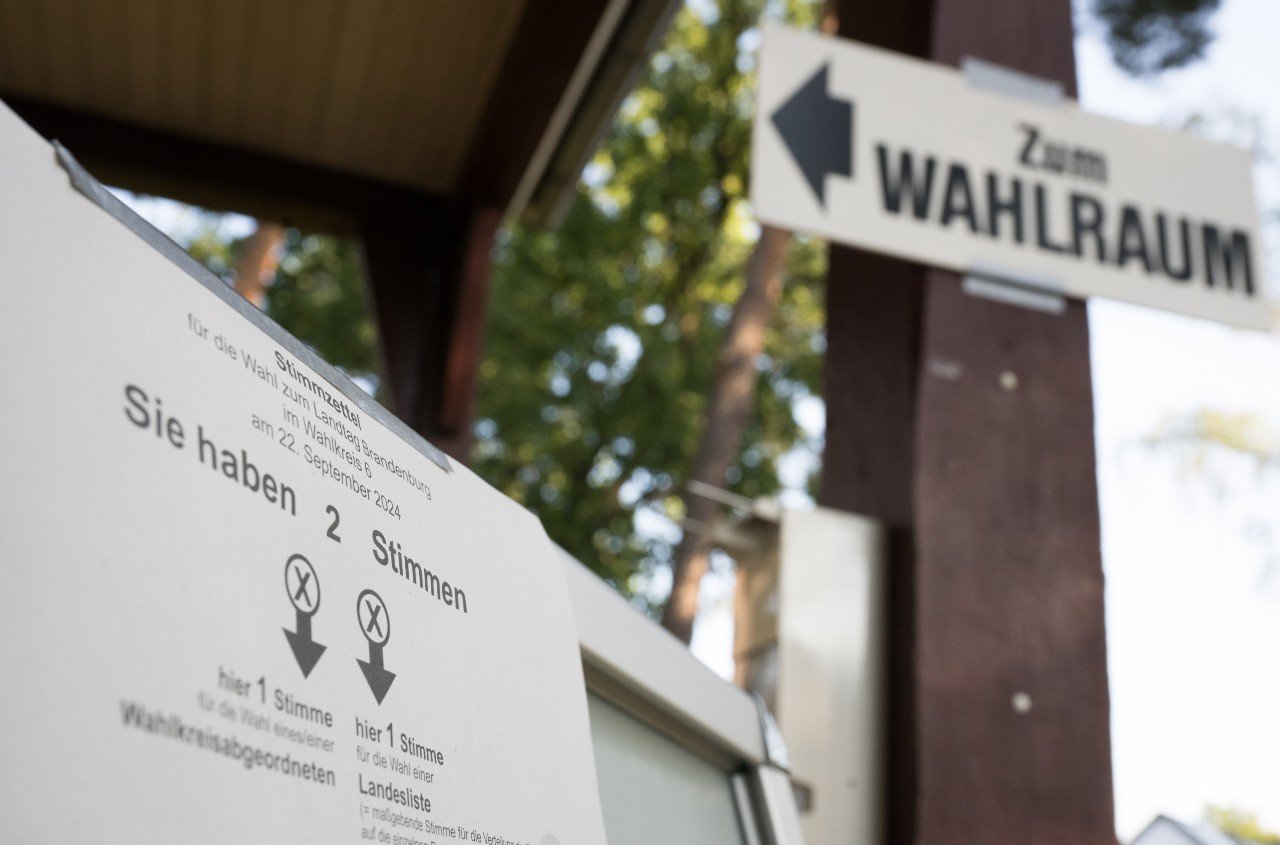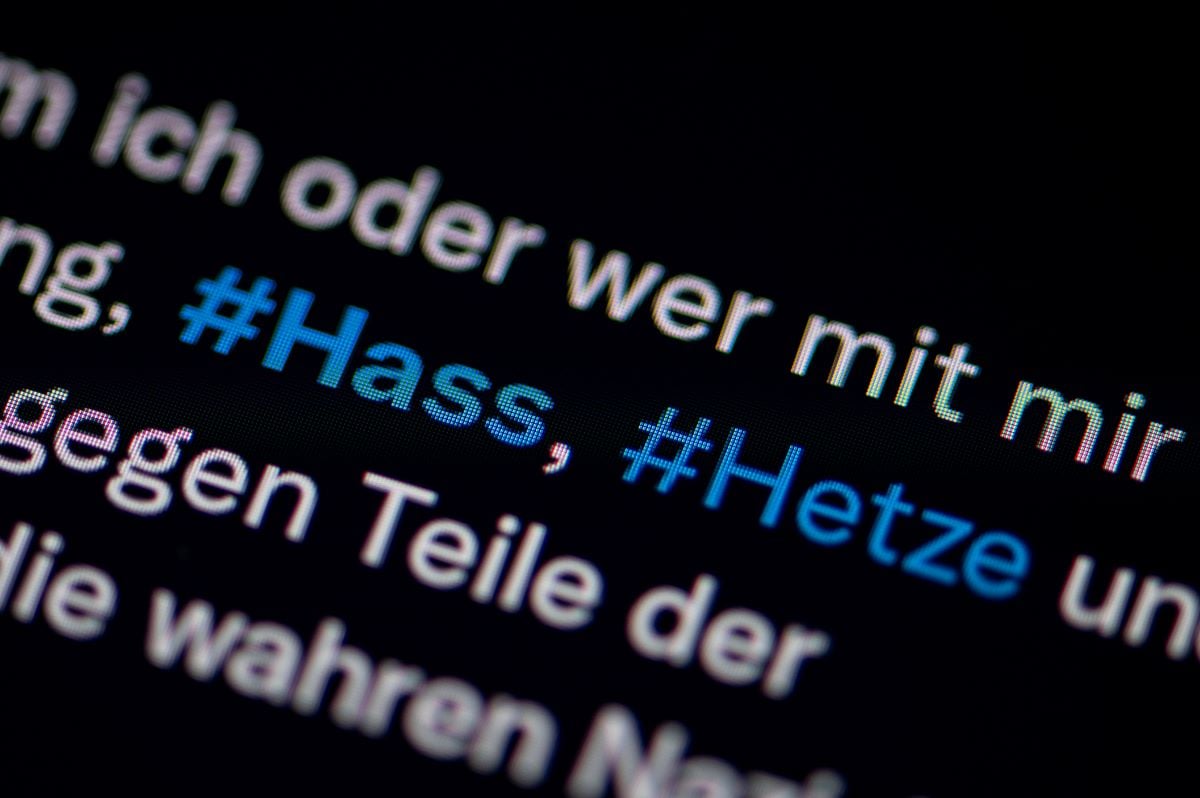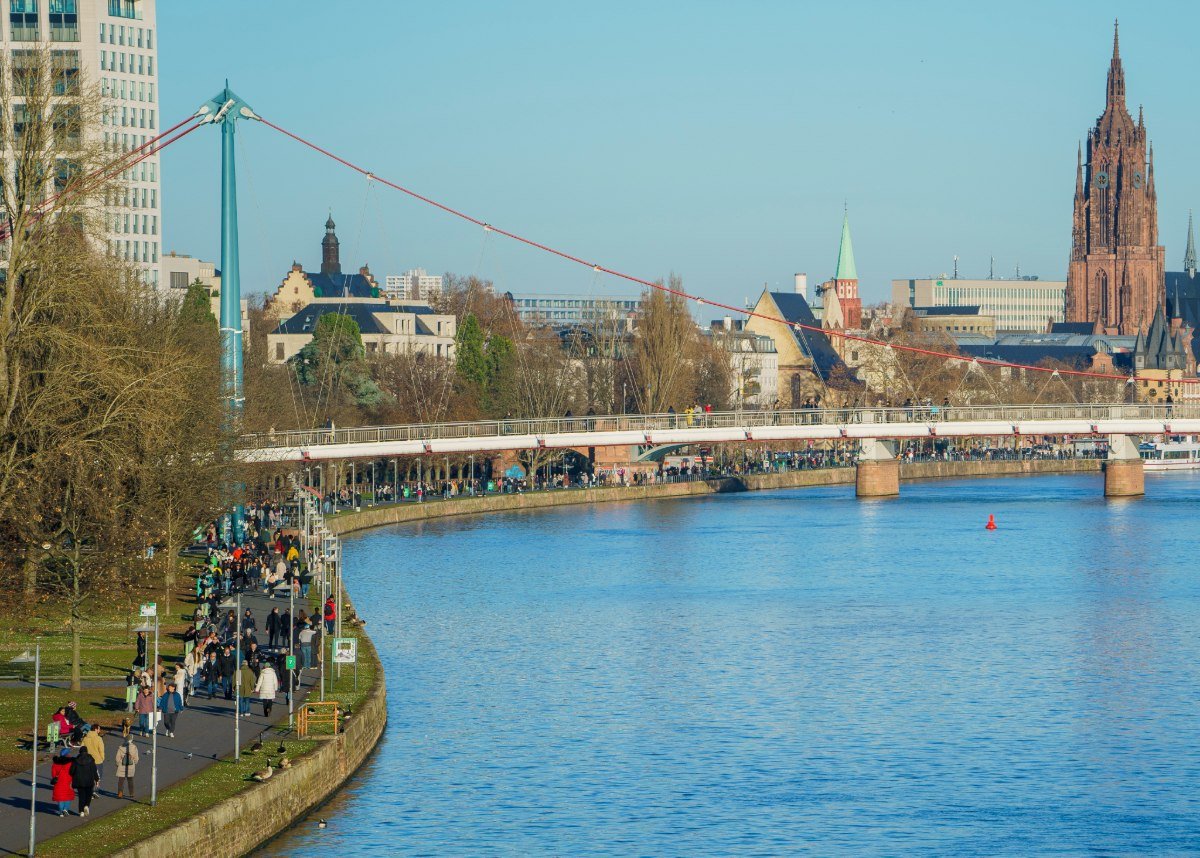German politicians made a final scramble for votes Saturday on the eve of key elections in which conservatives hope to win despite the dramatic rise of the far right targeting a record score.
Germany’s rocky path towards Sunday’s early elections began when the outgoing coalition government collapsed on November 6, the very day Donald Trump won re-election to the White House.
From election fever with poll surprises to politicians on TikTok and the push to highlight the positive contributions of immigrants, here’s what we’re talking about at The Local this week.
Stories of a pre-election state of emergency, police escorts for toddlers and forged ballot papers — a blizzard of online disinformation has targeted German voters ahead of Sunday’s election.
German police said Friday they had arrested a male suspect over a stabbing that badly wounded a 30-year-old Spanish man at Berlin’s Holocaust Memorial near the US embassy.
The far-right Alternative for Germany (AfD) is set to make major gains in Sunday’s crucial election, and while it’s leader holds typical nationalist and anti-foreigner views, her story is far from that of a quintessential extremist.
Germany’s far-left Die Linke party has enjoyed a late poll surge ahead of Sunday’s elections, boosted by a spirited anti-fascist speech by its new rising star that quickly went viral.
Germany needs foreigners to survive, but xenophobic politics and long waits for citizenship mean many won’t have a say in its future. With so many disenfranchised, this snap election has been especially galling, writes Imogen Goodman.
After US Vice President JD Vance took aim at Germany’s ‘hate speech police’, we take a look at the law. Here’s the extent to which freedom of speech is protected versus what is strictly not allowed.
More than 50 million people in Germany are eligible to vote in the February 23rd election. But millions in the country who pay taxes and social security do not have the right to cast a ballot. Why is that – and is there appetite for change?
